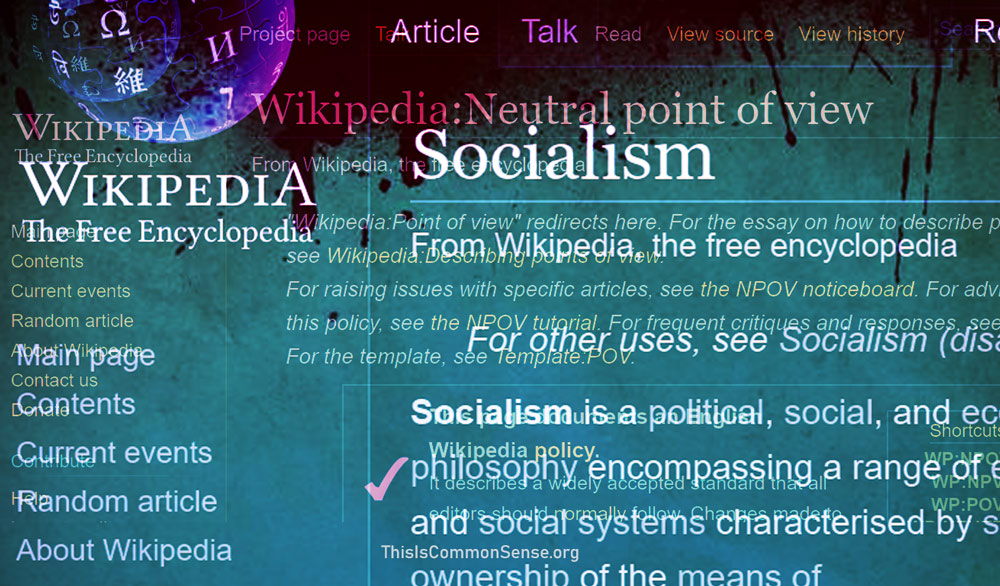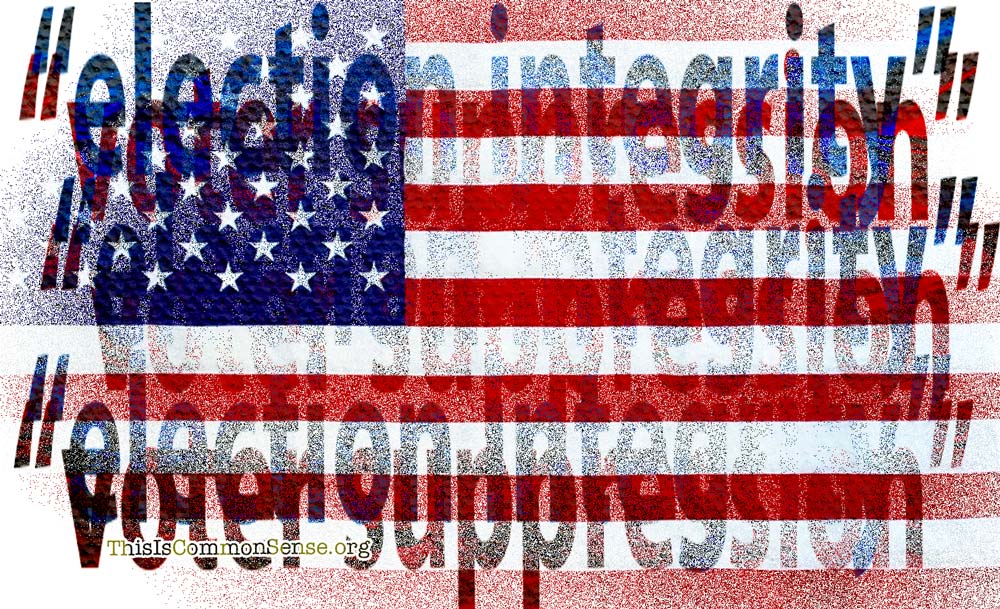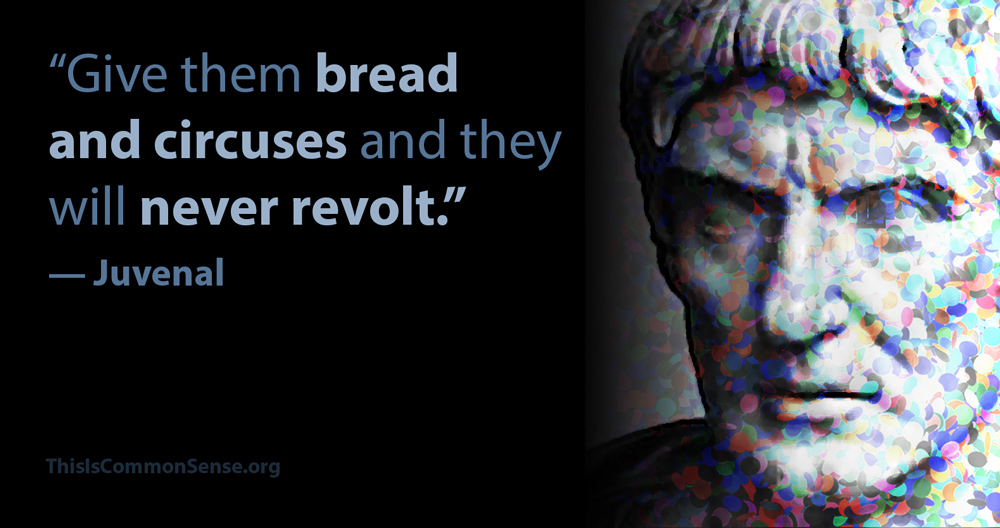Wikipedia — the free online, once freely editable encyclopedia — started out upholding a principle about “neutrality.”
According to Wikipedia, this means that Wikipedia content “must be written from a neutral point of view (NPOV) . . . representing fairly, proportionately, and, as far as possible, without editorial bias, all the significant views that have been published by reliable sources on a topic.”
NPOV isn’t the same as objectivity, which is about getting at the truth by honest observation and logic, not primarily by balancing viewpoints about what’s true. But if good objective work by “reliable sources” has been done about a subject, Wikipedia’s neutrality standard requires that both the sludge and the good work be included.
Somebody new to the subject has a fighting chance to be steered in the right direction.
NPOV still guides many Wikipedia articles where it is not really necessary, articles about elms and carburetors. The standard is now often ignored, however, in articles about controversial subjects. Like politics. Or socialism.
As I write, Wikipedia’s article on socialism mentions the kill list of “suspected high-ranking Communists” drawn up by Indonesia’s Suharto but not the many millions slaughtered under the commie-socialist regimes of the Soviet Union, China, Cuba, et al. Critiques of socialism are barely touched on. No NPOV here.
Such agitprop is guarded by non-neutral left-wing Wikipedia editors. Britannica is one alternative. Conservapedia was launched in 2006 as “a conservative, family-friendly Wiki encyclopedia,” and appears to be going strong. Wikipedia co-founder Larry Sanger, harshly critical of Wikipedia’s centralized propagandistic turn, is developing an alternative called Encylosphere.
It’s even mentioned in Wikipedia.
This is Common Sense. I’m Paul Jacob.
—
See all recent commentary
(simplified and organized)





